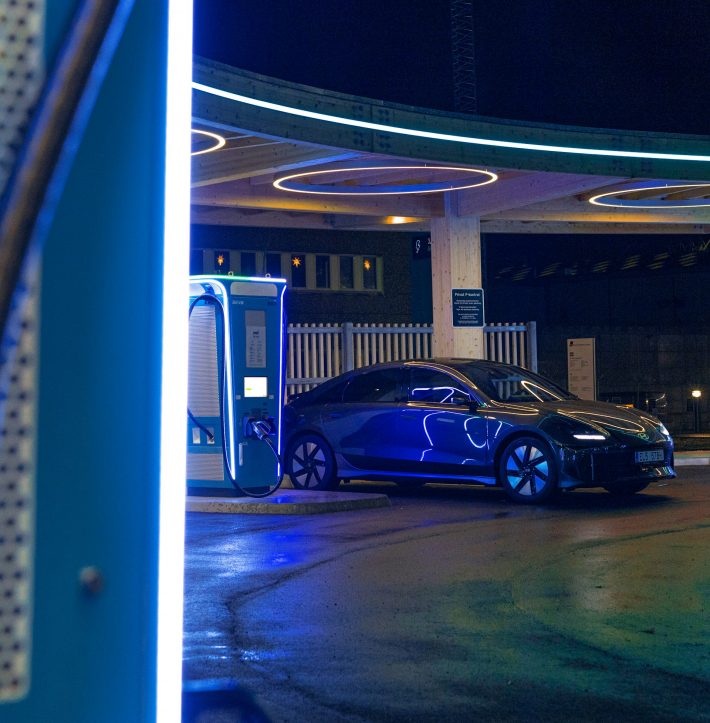The Internet of Things (IoT) is more than just another tech buzzword. It describes how our world has become interconnected through devices and digital networks. The IoT has altered the automotive landscape, enabling data to be gathered from or disseminated to remote vehicles, boosting economies and improving road safety. For example, recent research from the Society of Motor Manufacturers and Traders found that connected vehicles can potentially deliver a £51 billion boost to the UK economy, help generate around 320,000 jobs in the UK and reduce serious road traffic accidents by more than 25,000 a year by 2030.
The driverless car exists – it’s no longer science fiction and technology is now not an impediment. Connected vehicles will create a consumer data explosion but the need for clear legislation and a legal framework that will support data security and road safety require immediate action before a full roll-out. Questions are still being raised on citisen’s right to privacy, and how the legislation, such as the EU’s ‘right to be forgotten’ ruling plays into this new automotive era. Automotive, tech and government organisations need to clearly publicise the fact that citisens own their data and the data collected by autonomous cars will not be used to prosecute drivers who speed, for instance.
 A recurring theme is the emphasis placed on ensuring there is a controlled step-change approach to connected cars. Initially, we are likely to see more driver-assisted functions before a transition to fully autonomous driving becomes ‘the norm.’ It would be premature to think that driverless cars will be on the roads within a few years. Enhancing the driving experience and increasing safety and security should be the key drivers behind any new technology introduced or data gathered.
A recurring theme is the emphasis placed on ensuring there is a controlled step-change approach to connected cars. Initially, we are likely to see more driver-assisted functions before a transition to fully autonomous driving becomes ‘the norm.’ It would be premature to think that driverless cars will be on the roads within a few years. Enhancing the driving experience and increasing safety and security should be the key drivers behind any new technology introduced or data gathered.
The connected car and IoT has introduced new business models and opportunities into the automotive industry. Car manufacturers are embracing the future of “mobility devices” and no longer consider themselves as purely car manufacturers. This is a golden opportunity for the automotive industry to revolutionise itself and expand into new areas, such as technology.
The new sharing economy being driven by Millennials will also shape how we view capital assets and our willingness to own assets, as opposed to renting or leasing them. Nowadays, Millennials are less likely to own cars or homes, and are more likely to rent, lease or share them. Car manufacturers see Zipcar, Uber and other sharing community models becoming more prevalent and must adapt to meet this new market force by partnering with technology companies to expand and redefine the space.
But what underpins the success of connected cars? Car manufacturers are increasingly embracing big data and IoT. The new frontier of the automotive industry and the opportunities it offers will come from the processing and exploitation of the massive amount of data that the connected car will generate. Geolocation, on-board diagnostics, event recorders, vehicle to vehicle communication, on-board cameras and radar, etc. all provide a rich data stream that when fused with external data (weather, traffic conditions, maps, etc.) will generate new valuable insights and opportunities.
Governments need to commit to creating initiatives that call on companies ranging from the automotive, IT, telecoms and infrastructure services to bid for funding together so they can work collaboratively. The road to making connected cars a reality must be through a collaborative effort. One industry cannot lead the change, we all need to work together to ensure that the communications and infrastructure work seamlessly, turning the traffic light green on autonomous driving.
The author is Murali Nadarajah, head of analytics at Xchanging










